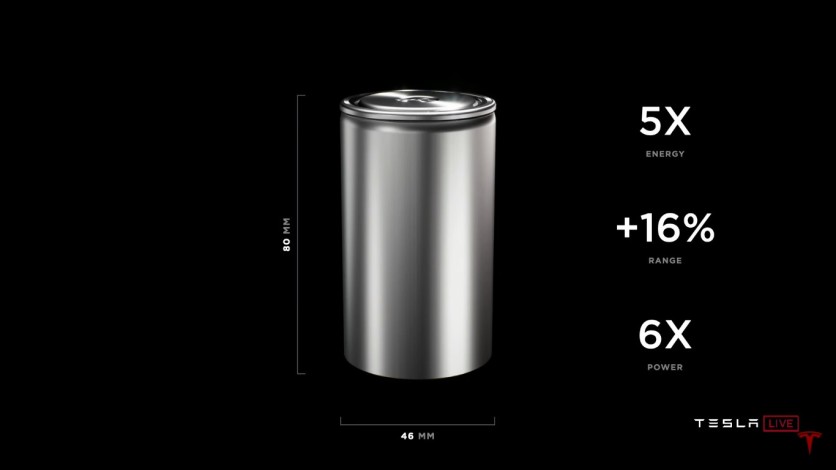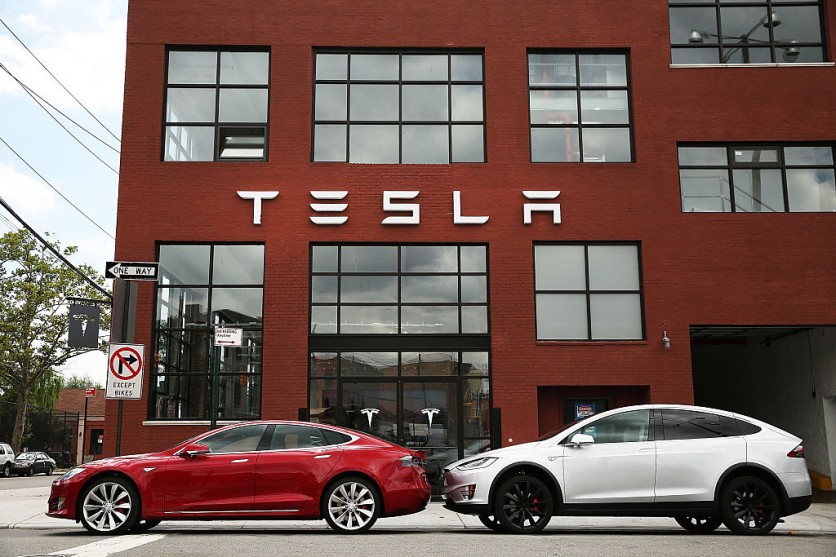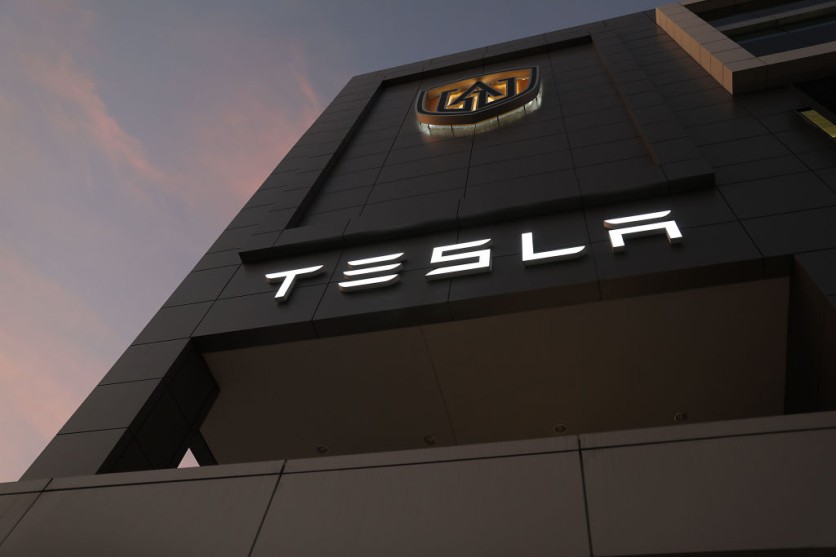Tesla 4680 Batteries are one of the most controversial power cells in the company, with the EV manufacturer initially announcing that it would produce these, until October last year, when partner Panasonic stepped up. Now, the electronics company is eager to ramp up production which would begin in the later part of 2021, increasing it to 100-fold by 2030.

The electric vehicle manufacturer and clean energy company were in partnership with Panasonic during the rise in prominence of their electric vehicles, particularly with the Tesla Model 3 and Model Y. The electric vehicle revolution has tasked Tesla to focus on what they are good at, and that is designing electric cars, while Panasonic was in charge of their battery production specialty.
In Battery Day 2020, Tesla said that it would produce its power cells on one of its Gigafactories, particularly with the "Million-range" battery and the 4680 battery cells. Also, news of the 4680 being produced at the Gigafactory Berlin surfaced during that time, but Tesla also admitted that it cannot produce both power cells, with Panasonic taking over, as it announced last October.
Tesla 4680 Batteries Would Begin Production late 2021, Says Panasonic

Panasonic would be working on the 4680 batteries for Tesla's electric vehicles, despite the EV company's plans to build a tabless battery sometime in the future, as it previously announced. According to Reuters, Panasonic announced that Tesla's electric vehicle prominence and business is profitable, and in turn, they would boost their production end.
Production, meaning their electric vehicle power cells for Tesla's EV lineup, which would be more focused for the European market with the lithium-ion batteries it plans to produce in the later part of 2021. Moreover, Panasonic revealed that it would work on the 4680 batteries on Tesla's Gigafactory Nevada plant, where it initially created power cells for the EV company.
The new production line of Panasonic would focus on the next-generation battery cells, which would forego the previous design of 18650 batteries that were packed for each motor that powers Tesla EVs. The Japanese electronics company would begin producing the batteries for Tesla starting April 1, which also marks the start of its new chief.
Tesla would still Create its Batteries in Different Gigafactories

According to Electrek, Tesla would still create its production batteries on different Gigafactories which the EV manufacturer has, particularly on Gigafactory Berlin and Gigafactory Texas. Despite that, it would still task other companies from joining and producing EV battery cells, including that of CATL, LG, or Panasonic, taking as much as everything.
Related Article: Elon Musk Says Tesla Gigafactory Berlin Would Be Filled with Graffiti Art! Watch it Almost Complete
This article is owned by Tech Times
Written by Isaiah Alonzo
ⓒ 2026 TECHTIMES.com All rights reserved. Do not reproduce without permission.




